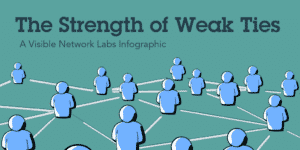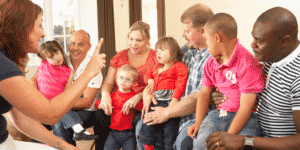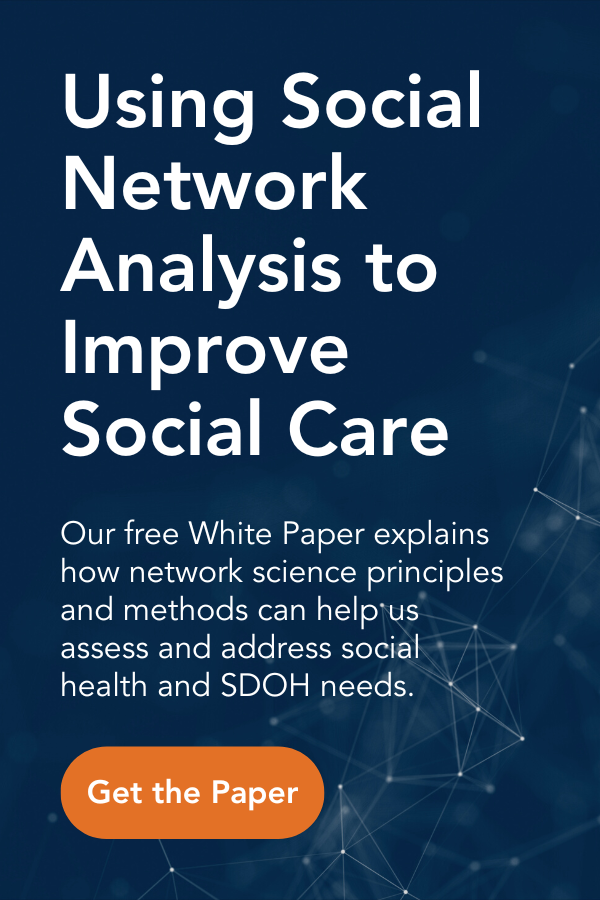How Two Mental Health Centers are Taking a Strengths-Based Approach to Fill Gaps in Social Support

Numerous studies demonstrate that social connectedness has a major impact on mental health and wellness. Our family and friends provide emotional support, connect us with resources and assistance, and help us live healthier lives. That’s why we joined with two mental health centers here in Colorado to begin screening for social connectedness using PARTNERme, our award-winning social screening tool. Here is a quick introduction to our partnership with the Mental Health Center of Denver (MHCD) and Jefferson Center for Mental Health (JCMH), along with a few of our early findings from this innovative project.
About our Mental Health Partners
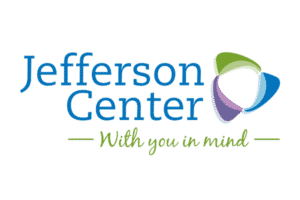
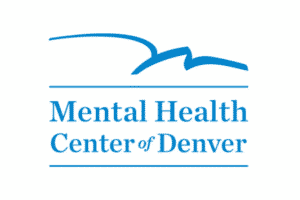
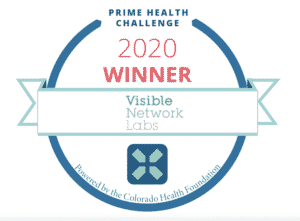
How These Mental Health Centers Are Using PARTNERme
We worked with both mental health centers to craft a screening process that worked best for their counselors and clients. Thanks to PARTNERme’s customizable features, they were both able to create a survey that fit the context of their specific uses, which vary considerably.
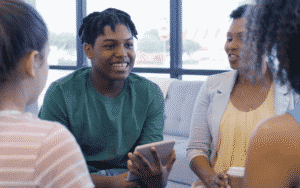
The Mental Health Center of Denver is integrating the screening with 2Succeed in Education, their psychiatric rehabilitation program. Psychiatric Rehabilitation promotes recovery, full community integration, and improved quality of life for persons who have been diagnosed with any mental health condition that seriously impairs their ability to lead meaningful lives. Education Counselors assist the people they serve in identifying and engaging in the communities and resources of their interest and use PARTNERme to gain insight into an individual’s areas of need concerning social connectedness.
How Does the Screening Work?
In both situations, the PARTNERme screening follows a similar process. Clients are sent a link to an online screening during a zoom visit at home. The tool asks several questions. First, they identify any needs they have from a list, like food or transportation. Next, they use a touch-screen to draw out their personal support network – family and friends who help them with their needs. Third, they indicate if any of their supporters help them with their identified needs and whether any of them coordinate their support. Finally, they answer a few questions about how they feel in terms of their health, loneliness, and social support.

PARTNERme then creates a personal profile for each client that the counselor or clinician can review. It identifies the individual’s most pressing need with the least amount of social support and then helps them generate a community referral to fill the gap in their support. This is what sets PARTNERme apart from other tools: It asks about social strengths in addition to needs, facilitating a strengths-based approach that acknowledges and honors how an individual is already leveraging their network to support themselves. This allows us to build personal resiliency while providing additional targeted support where appropriate.
Our Early Results
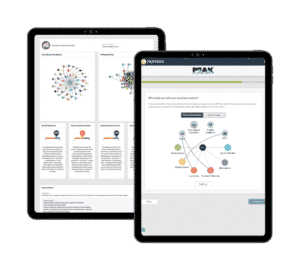
As one counselor put it, “I have been having a lot of conversations with my clients about their social support, but PARTNERme has really allowed me to organize my thoughts by visualizing and mapping out their needs and support network.”
As more clients are screened we will be able to identify patterns in social need and support to help create better strategies for targeted interventions. Learn more about PARTNERme here, or contact our team to discuss how we might partner with your organization to begin screening for social connectedness.
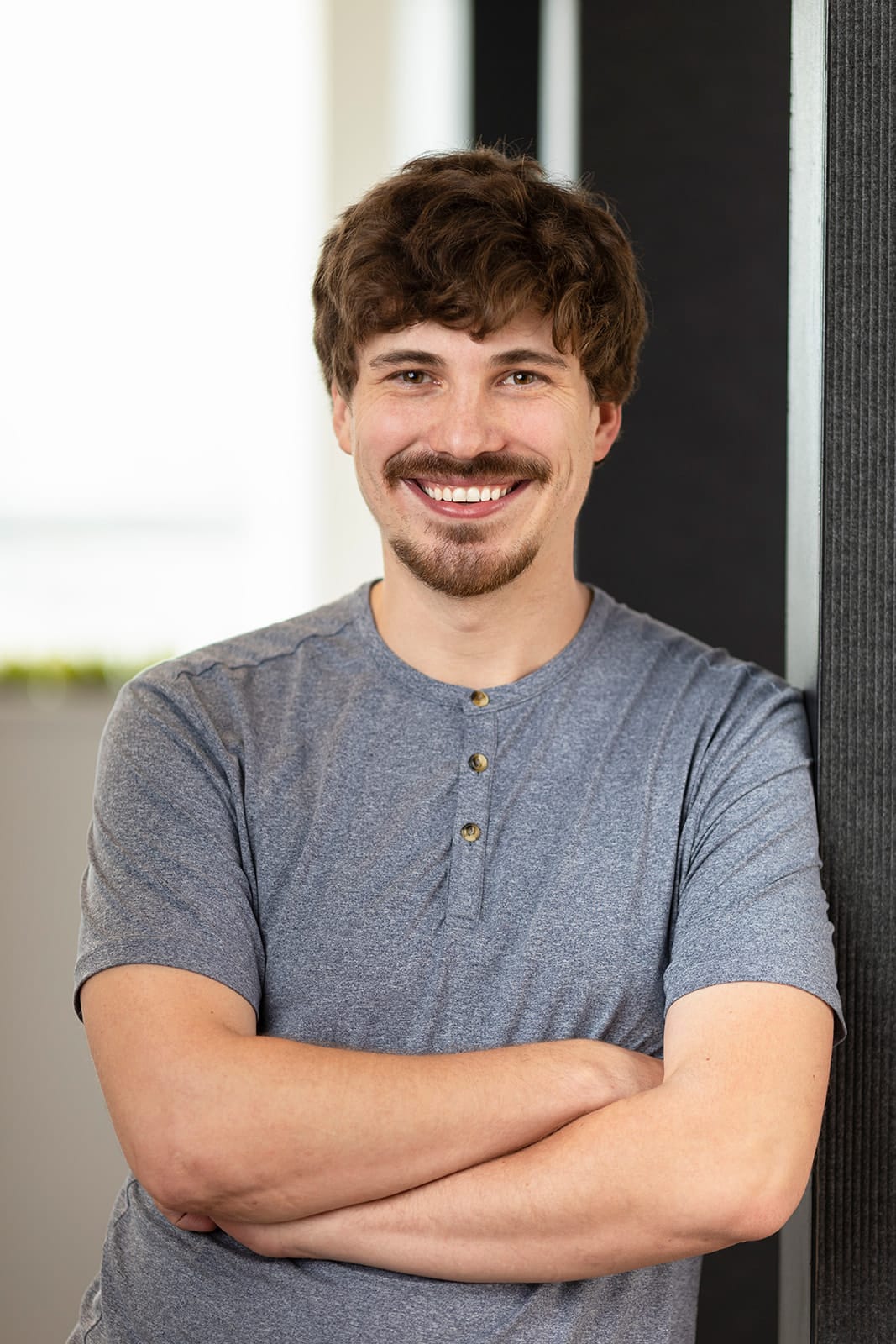
About the Author: Alex Derr, M.P.A.
Director of Marketing & Communications
Alex joined VNL in 2017, originally supporting our events. He now helps manages our communications and marketing strategy and content development work. Alex creates blogs, infographics, reports, and other content while managing our web and social media presence. He also runs our email marketing campaigns, tracks analytics, and conducts market research to drive our strategy. He supports our entire team with copywriting, graphic design and research, and helps with events, webinars, demos, and other online learning. When he isn’t at work Alex spends his time climbing 14ers (30 done, 28 to go!) and blogging on his own website, The Next Summit Blog.
|
|
Thank you for Signing Up |

More Social Care Resources

